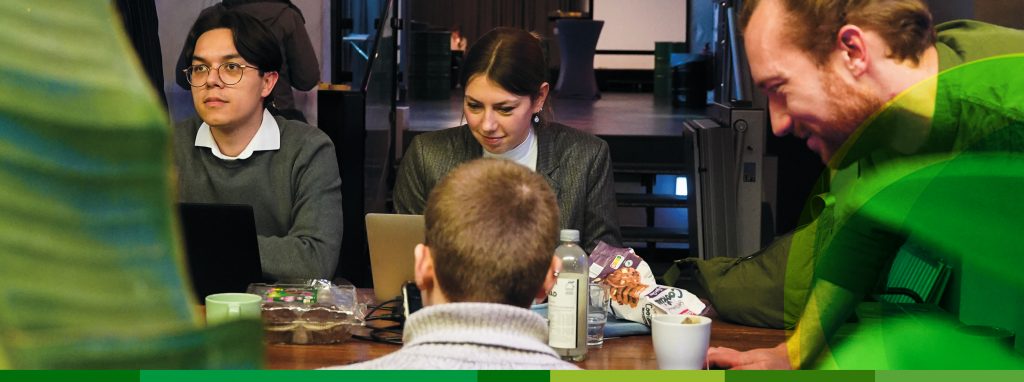
Our Green Legal Lab continuing education and networking format, which has been running successfully since 2021, will continue in 2026, albeit in a slightly different vein. Instead of one large lab with four working groups, this year there will be several smaller events, each focusing on a specific environmental law topic. They are primarily aimed at lawyers who already have prior knowledge of the respective topic and are interested in thinking creatively and strategically about law and working together in a team on a complex legal issue. In particular, we invite former participants of previous labs to continue networking in this setting. The new format also has a new name, “Litigation Greenhouse,” and we hope that it will give rise to many good ideas that can support the work of our member associations with legal arguments.
A “large” lab in the familiar format is expected to take place again in 2027.
The first Litigation Greenhouse in March 2026 will address the question of how we can ensure the timely and effective implementation of the EU Recovery Regulation in Germany. Applications will be accepted until January 31, 2026.
Please note: fluent German is a non-negotiable requirement, therefore, further information on the event is available only in German.
Strategic thinking regarding the protection of the environment has thus far played an insufficient role in the education of young jurists. The development of new ideas at the margins of existing law has also been neglected. Yet it is precisely the task of the next generation of legal professionals to further develop the law in the direction of sustainability and greenhouse gas neutrality and to ensure the preservation of civil liberties for civic engagement.
The Green Legal Lab is a practical training program lasting several weeks that pairs young legal professionals with experienced environmental lawyers and representatives of environmental associations. Participants expand their knowledge of environmental law and learn the basics of strategic litigation. In working groups, they develop legal solutions to environmental problems that can be implemented by the participating environmental NGOs.
The Lab combines legal training with civil society engagement for the common good and exchange with like-minded people. It promotes independent and creative learning and working.
The results of the working groups are incorporated into the current or future work of the participating NGOs. Most former Lab participants are part of the GLI Young Professionals Network. Many are now working as environmental lawyers or in environmental NGOs themselves.